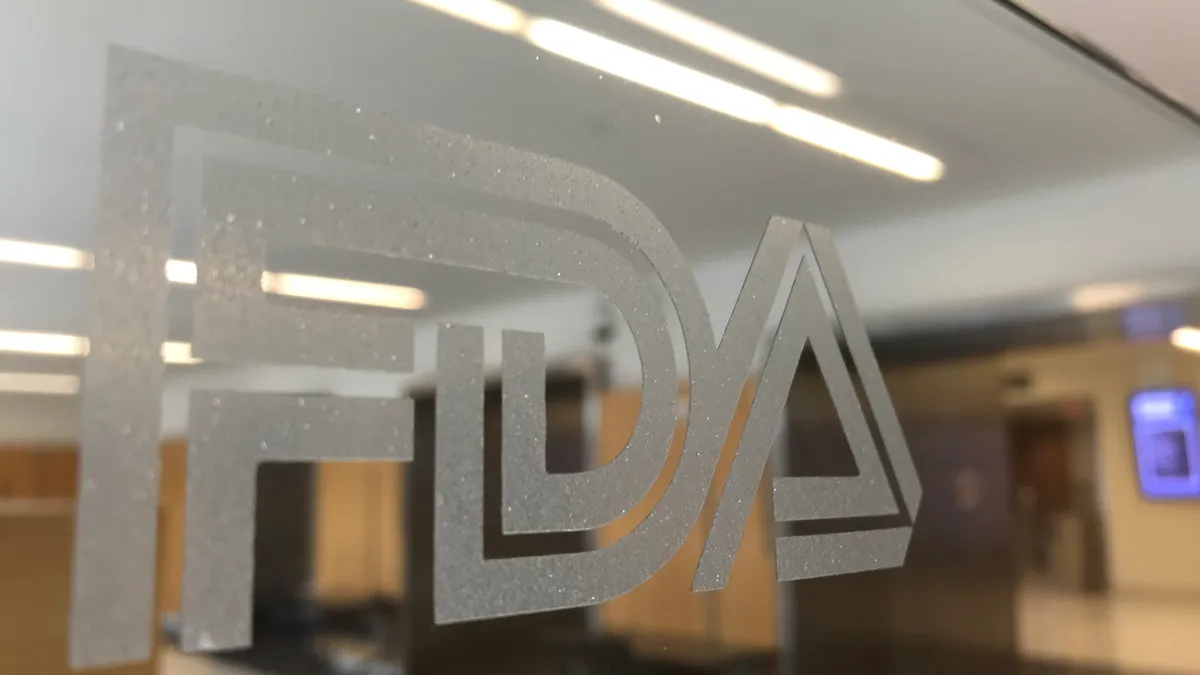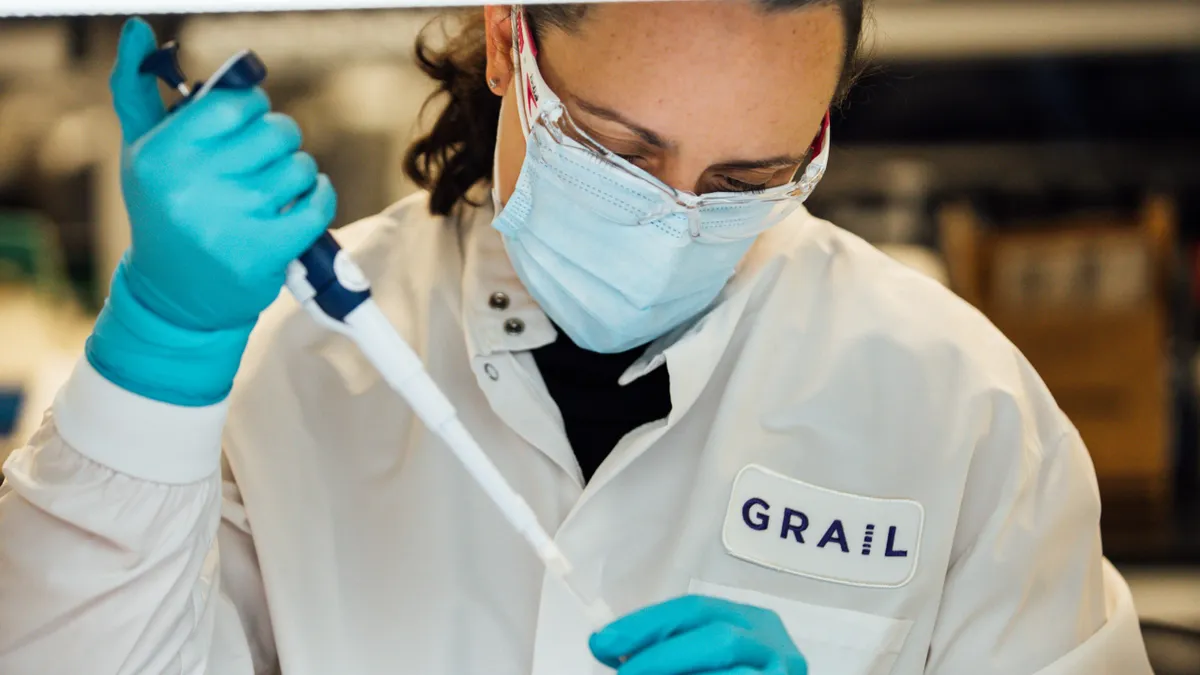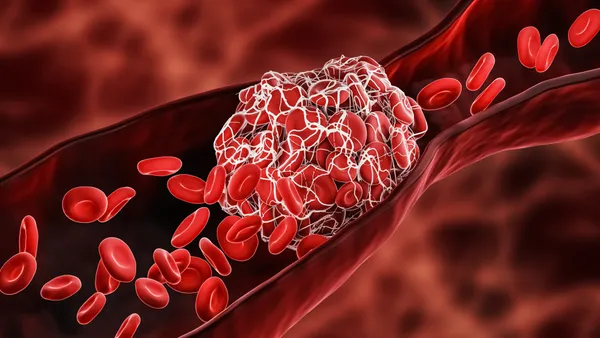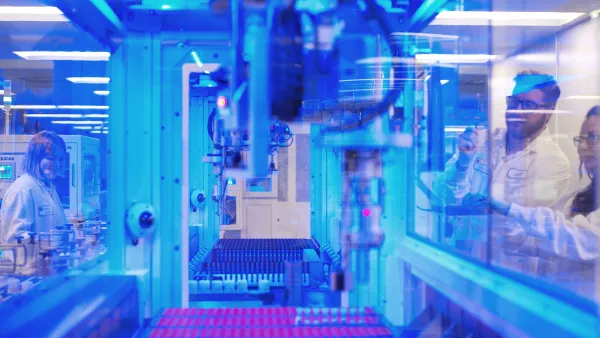Dive Brief:
- Intersect ENT has been granted FDA approval for a new delivery system for use with its Propel Mini sinus stent that releases an anti-inflammatory steroid.
- The straight delivery system is intended to make it easier for physicians to implant the device in patients who have had sinus surgery behind the bridge of the nose, to help maintain the sinus opening while dispensing the mometasone furoate steroid.
- The Menlo Park, California-based company said it expects to make the system available to physicians during the third quarter.
Dive Insight:
Intersect ENT's line of steroid-releasing stents include the Propel, Propel Mini and Propel Contour. They are the first and only dissolvable steroid-releasing sinus implants approved by FDA, according to the company. The devices work by propping open the sinuses and releasing the steroid directly into the sinus lining after surgery. The stents then dissolve.
The new delivery system for the Propel Mini is expected to shorten procedure times while improving ease of use for the physician. The original curved delivery system will continue to be available with the Propel Mini device and used for implant in either the frontal sinus or behind the bridge of the nose, which is called the ethmoid sinus, the company said.
The stent separates surrounding mucosal tissues to provide stabilization of the middle turbinate, prevents obstruction and reduces inflammation. Turbinates are the network of bones, vessels and tissue that form the nasal passageway. Air flows through the nose through the space between the turbinates.
Intersect ENT makes products to treat chronic sinusitis, a market the company estimates as a $3 billion opportunity. Last month, the company named Thomas West, formerly diagnostics solutions division president at Hologic, to be its CEO effective July 22.
According to William Blair analysts, West will need to strike the right balance between supporting the core Propel business, which they characterized in a recent research note as very solid, and focusing on ramping up sales of the company's Sinuva sinus implant.
Sinuva, launched in April 2018, is a treatment for nasal polyp disease for patients who have had previous sinus surgery. Nasal polyps are inflammatory growths in the sinus lining that can cause nasal congestion, infections and loss of sense of smell.
The Sinuva device is implanted in a doctor's office under local or topical anesthesia and delivers a steroid for up to 90 days after placement in the sinus cavity to reduce polyps and symptoms of nasal congestion.
About 635,000 Americans have had sinus surgery and continue to see their physicians for treatment of recurring symptoms, according to the company.











